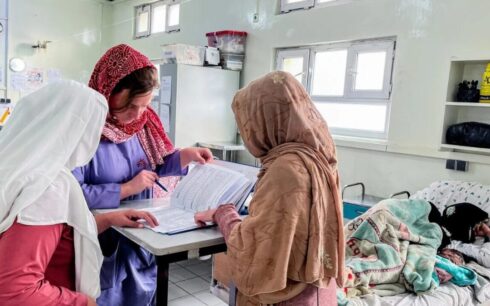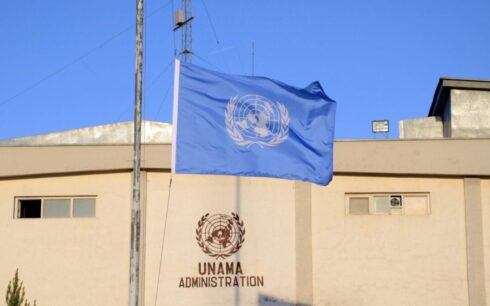The British Foreign, Commonwealth and Development Office has sharply criticized the Taliban’s recent decision to suspend medical education for women and girls, describing it as a “draconian policy” that will significantly undermine healthcare for women and children in Afghanistan.
In a statement, the U.K. called on the Taliban to reverse the ban and restore access to courses in nursing, midwifery, and dentistry—fields that were among the few remaining educational opportunities available to women under the Taliban regime.
“This is an appalling violation of fundamental human rights,” the statement said. “Afghanistan is now the only country in the world imposing such restrictive policies on girls’ education. This latest decision marks yet another tragic setback for Afghan women and girls.”
Healthcare Impact Looms Large
The ban on medical education is expected to exacerbate Afghanistan’s already fragile healthcare system, the U.K. government warned. With maternal and infant mortality rates among the highest in the world, experts fear the decision will deprive millions of Afghans of access to essential care, including midwifery and nursing services critical for women’s health.
“This policy will have grave long-term consequences,” the statement continued. “By denying women the opportunity to become healthcare professionals, the Taliban are jeopardizing the health and lives of countless Afghans.”
International Community Urged to Act
The U.K. reiterated its commitment to advocating for the rights of Afghan women and girls, urging the international community to maintain a unified front against the Taliban’s restrictions.
“We remain steadfast in our efforts to lobby against these oppressive measures,” the statement said. “We call on other nations to prioritize this issue and to work collectively to pressure the Taliban to respect women’s rights.”
The U.K. also pledged to continue engaging with Afghan women and the diaspora community in Britain to ensure their perspectives shape policy and programming efforts.
The Taliban’s decision has drawn widespread condemnation both within Afghanistan and globally. Since returning to power in 2021, the group has banned girls from attending school beyond the sixth grade and barred women from universities and most forms of employment. The latest restrictions, targeting medical education, further shrink the already limited spaces where Afghan women could seek advancement and independence.
The policy has left Afghanistan as the only country in the world to enforce such sweeping bans on female education, a fact the U.K. described as a profound violation of international norms and human rights principles.





